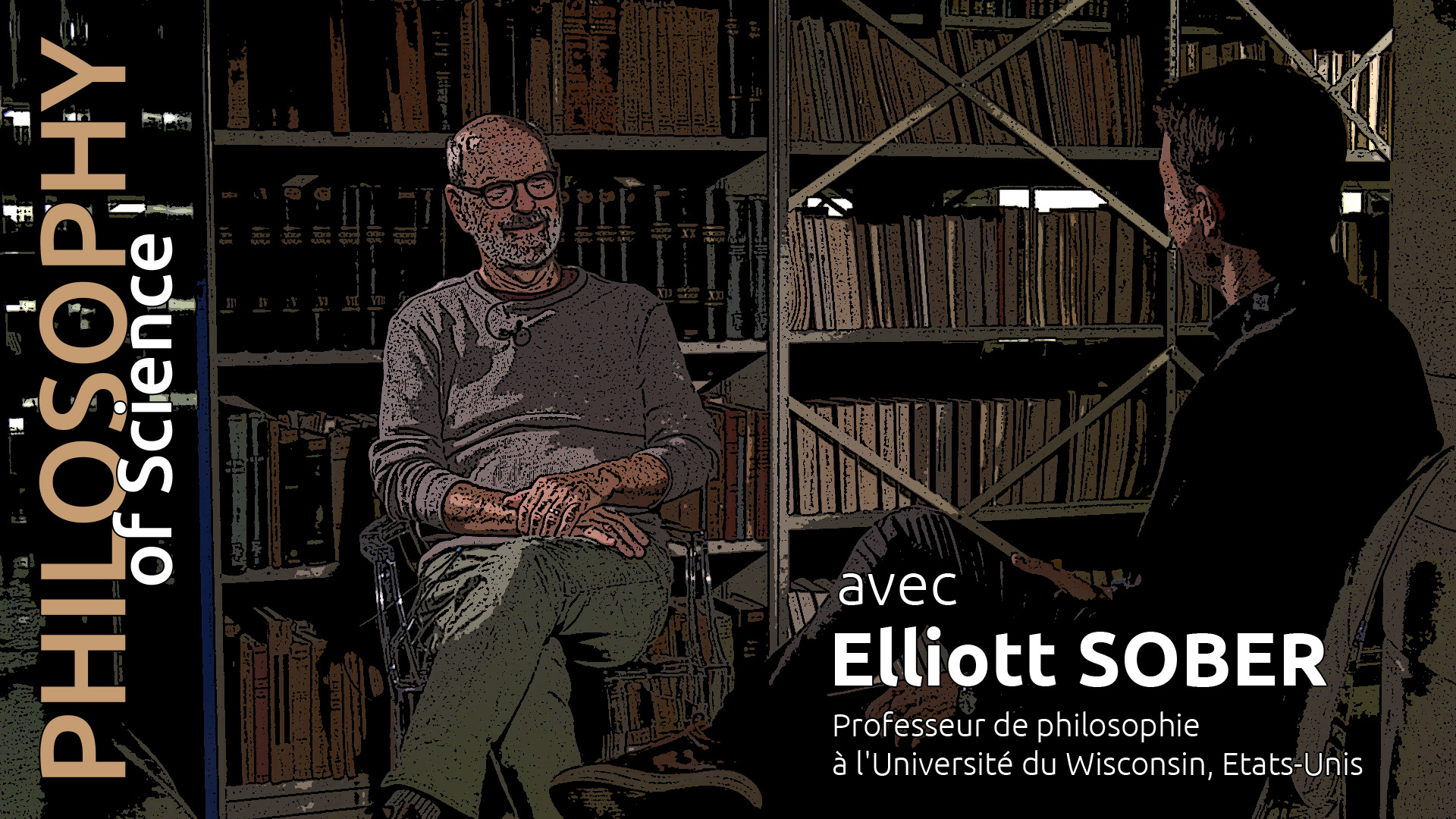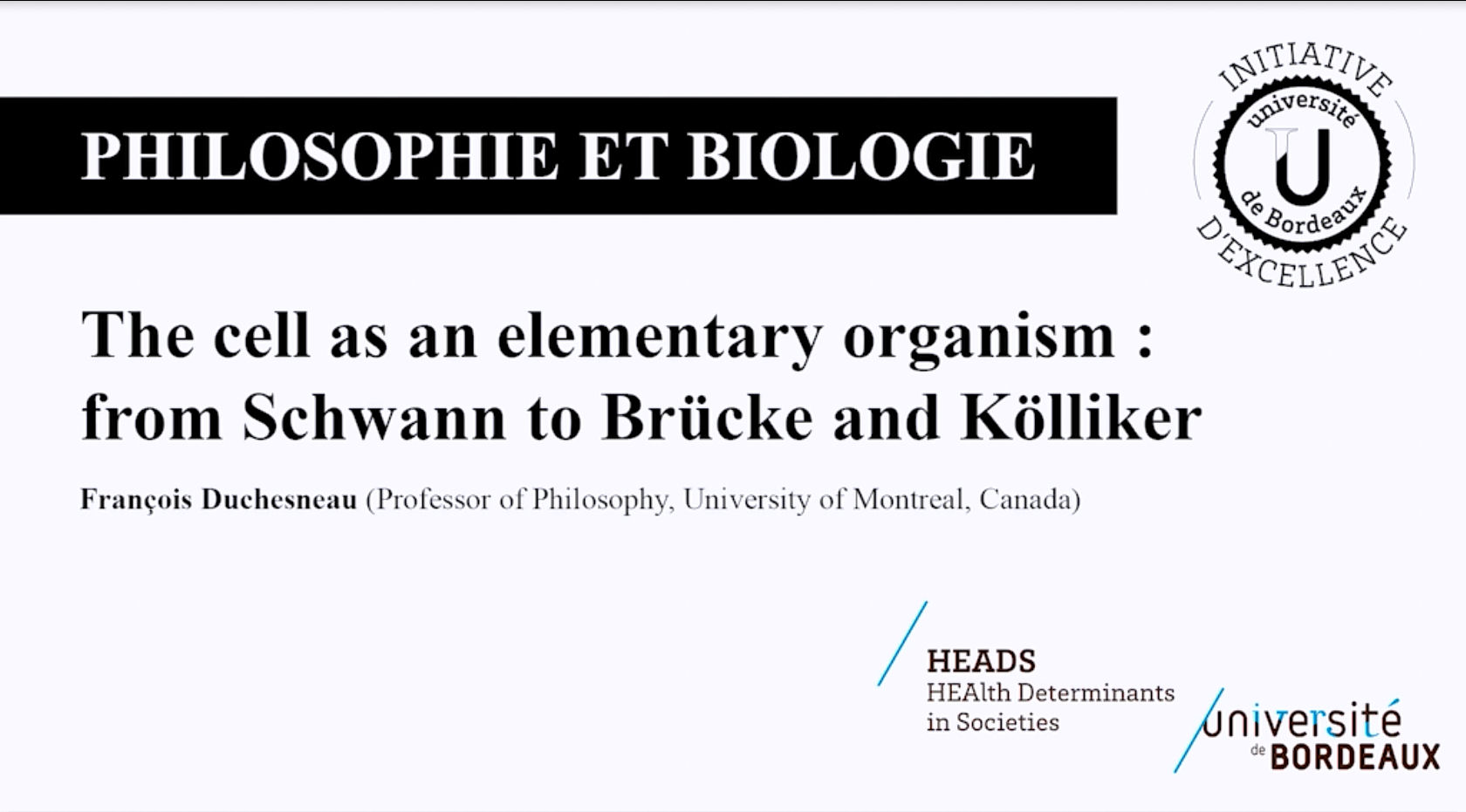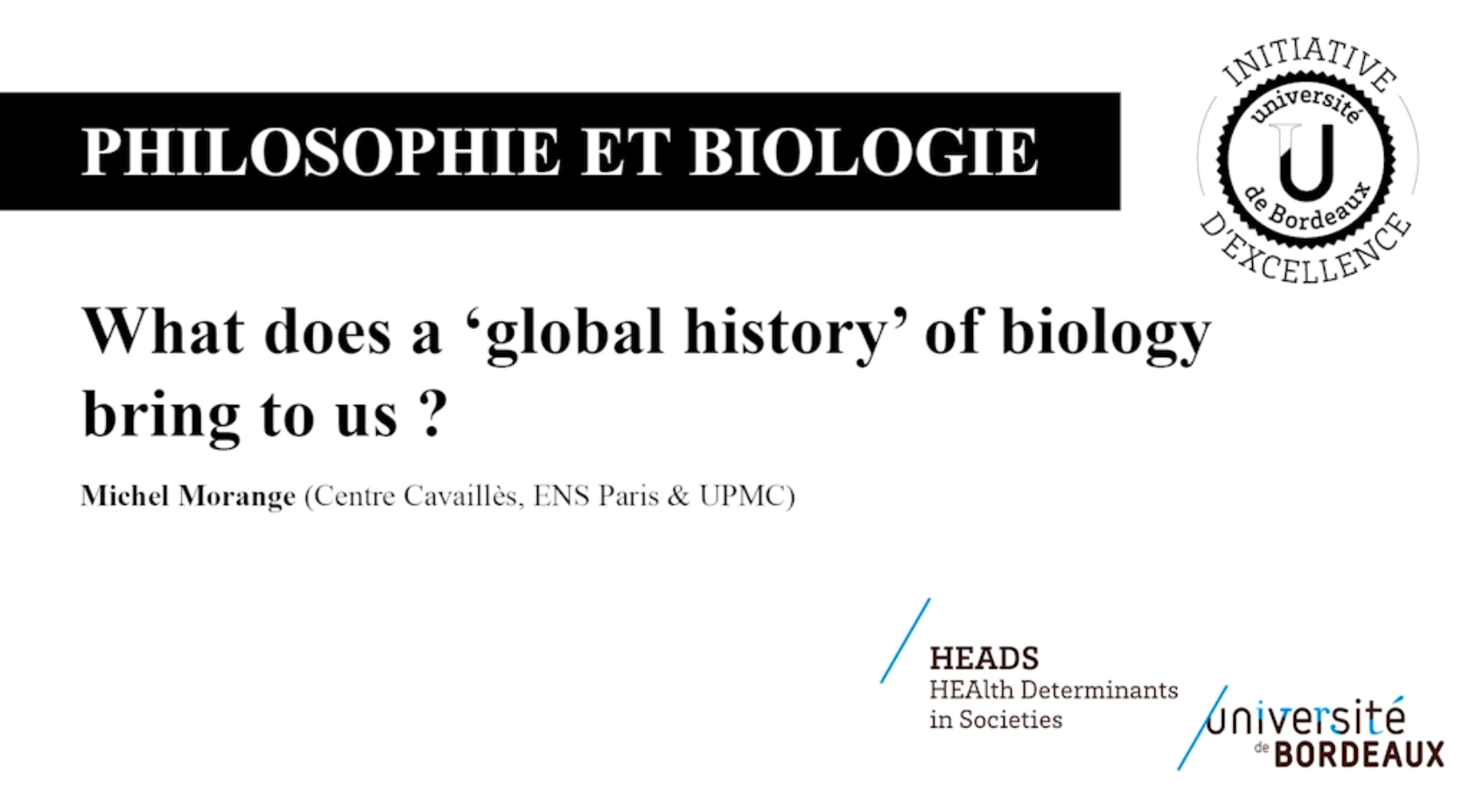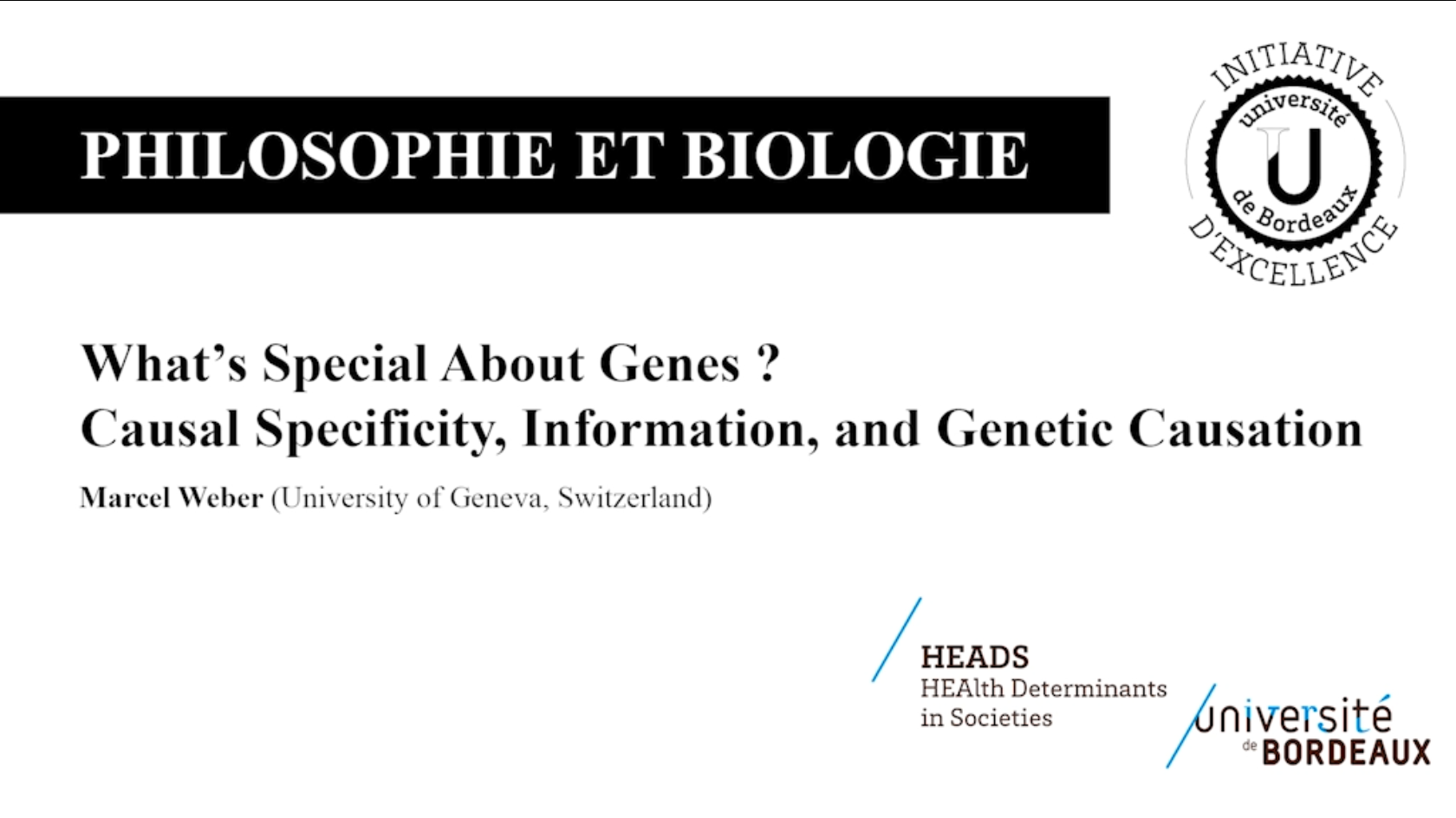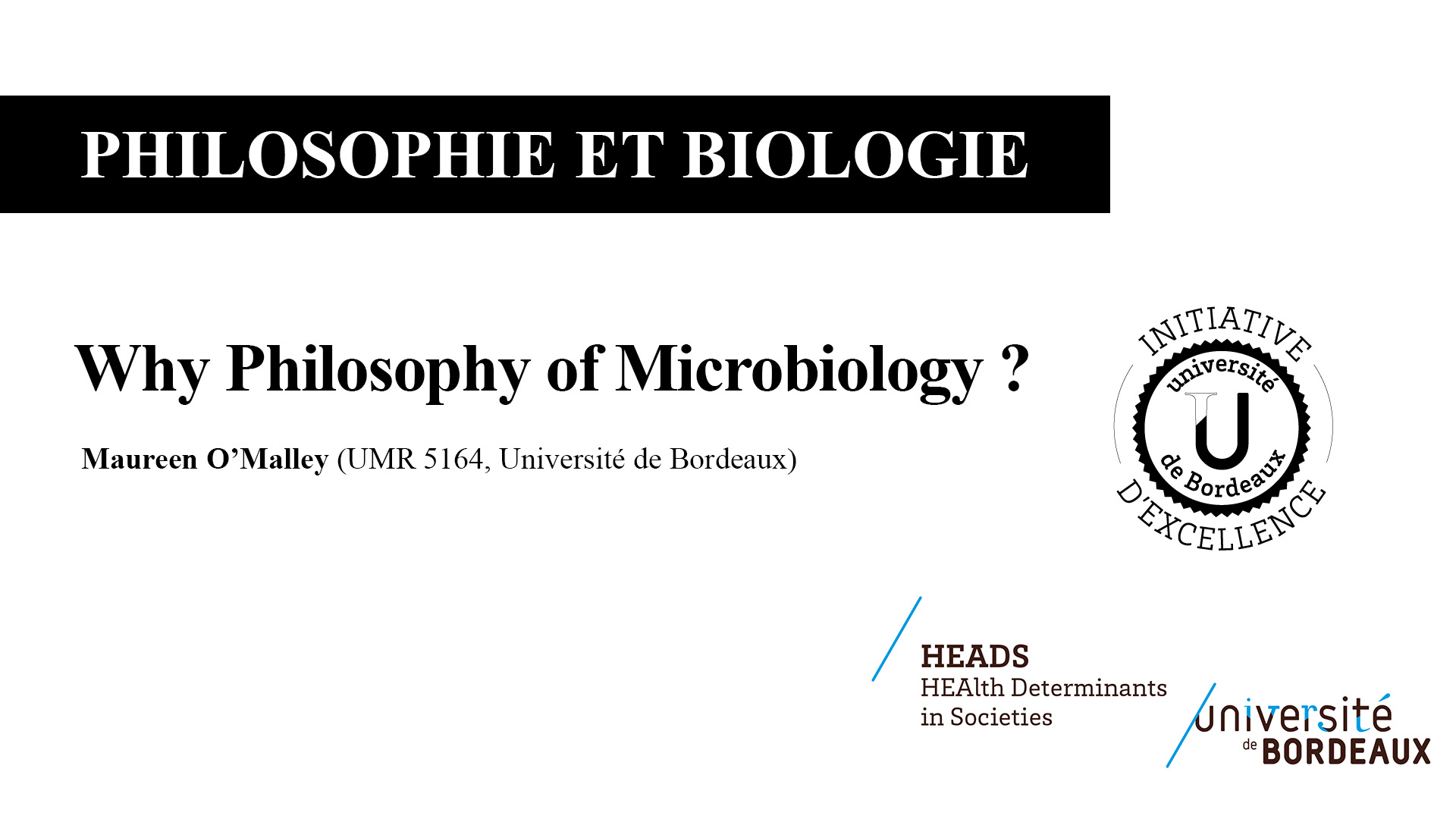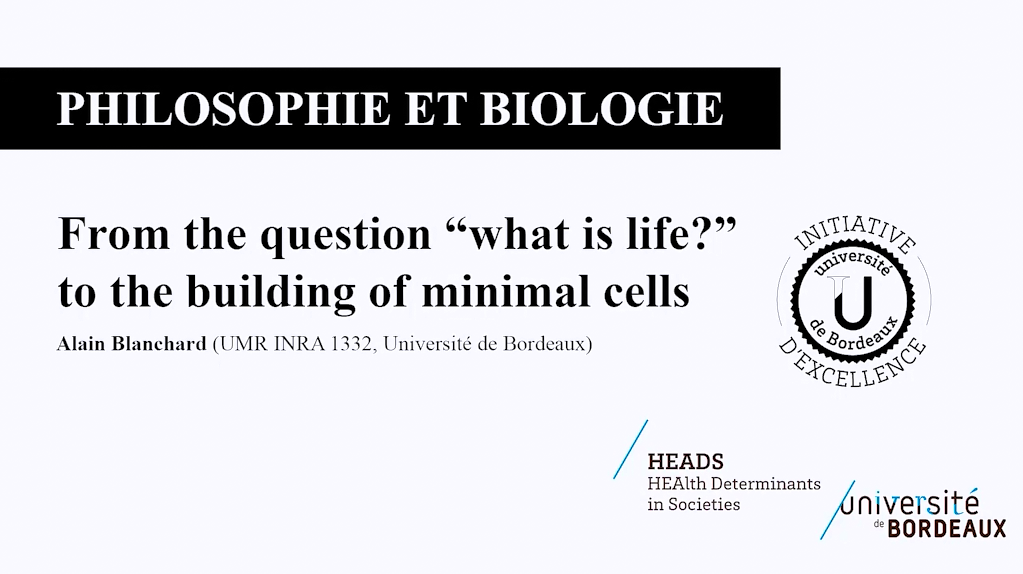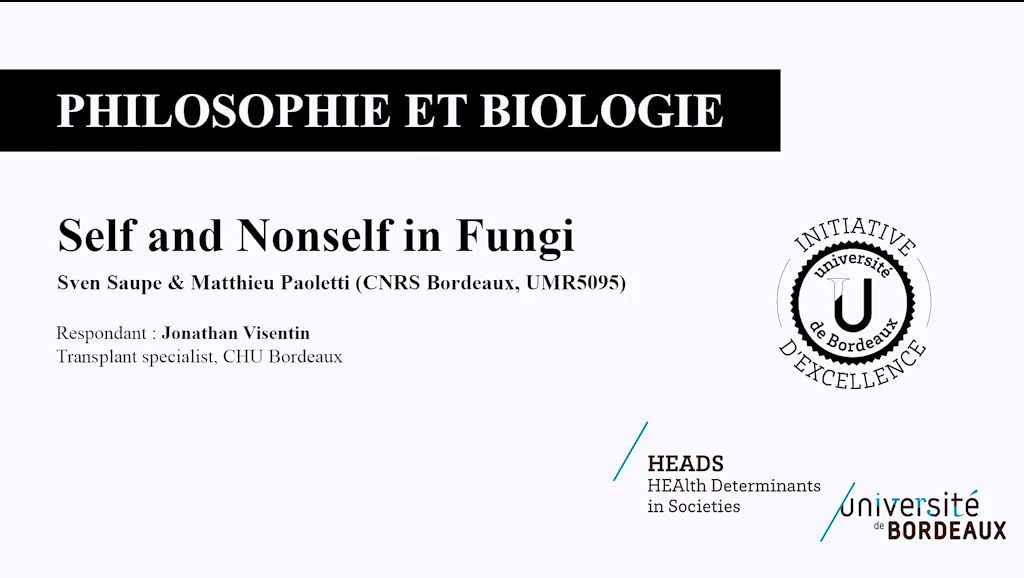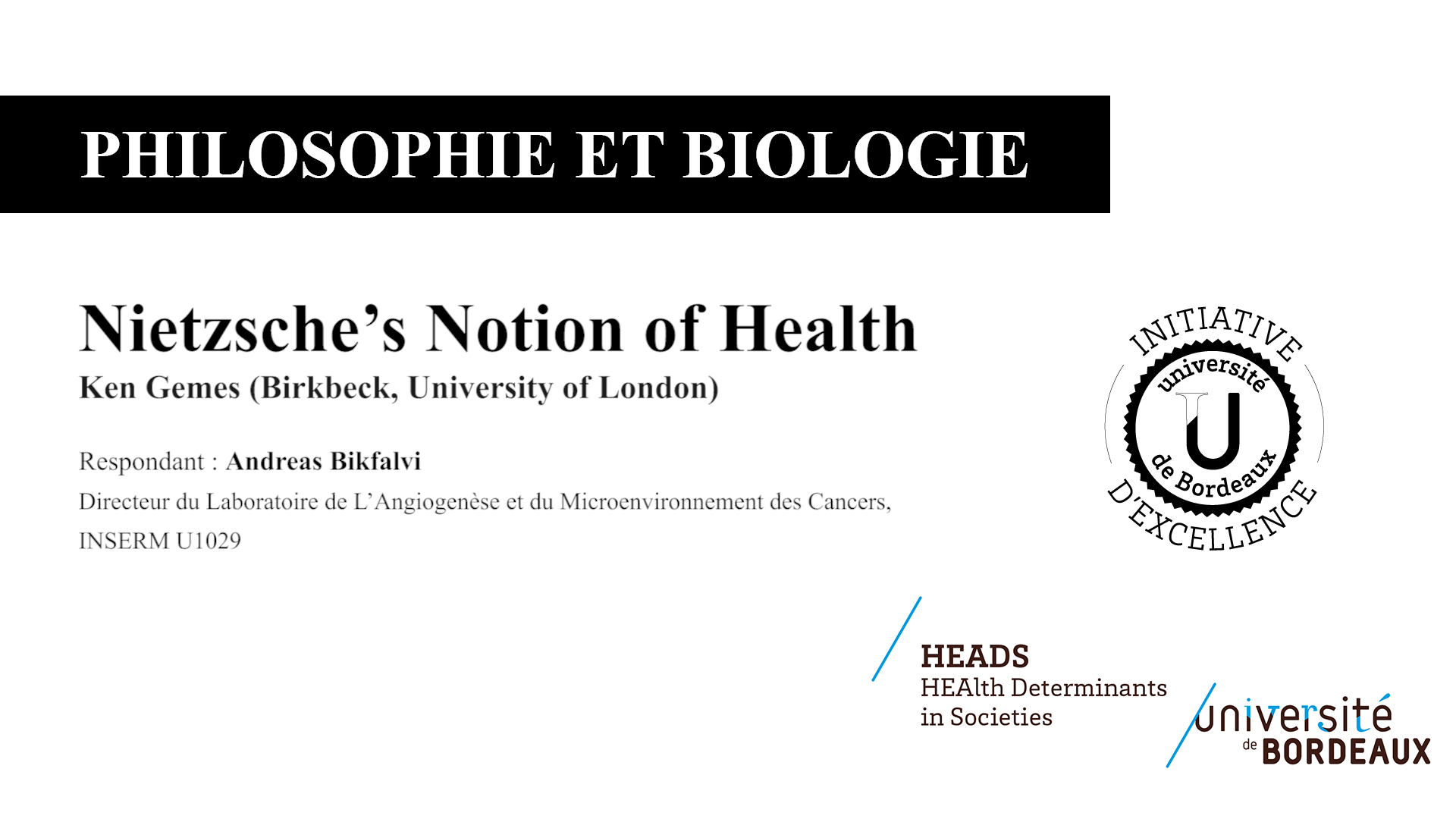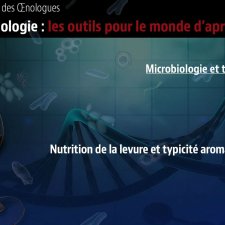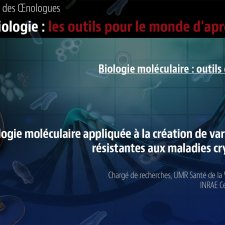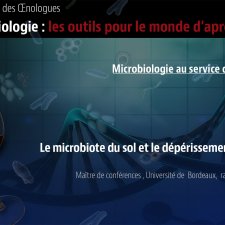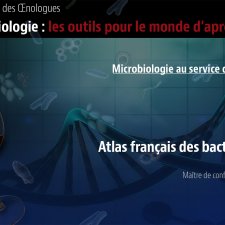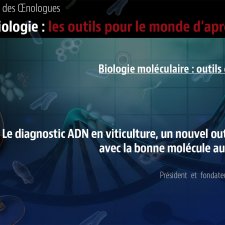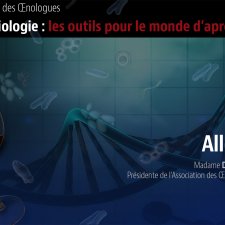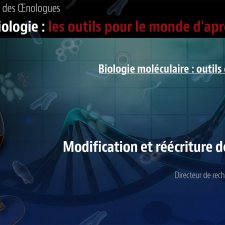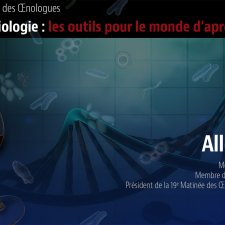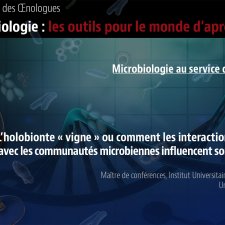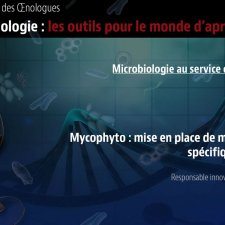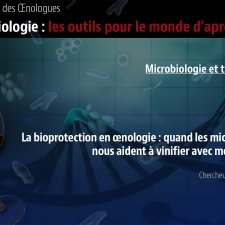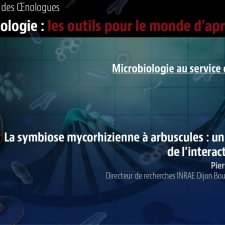Notice
Host-Microbiota Symbiosis: One, Many, or Mega-Organism? Lessons from Internalism vs. Externalism debates in biology and psychology
- document 1 document 2 document 3
- niveau 1 niveau 2 niveau 3
Descriptif
I will distinguish between three types of interactionist reactions to internalist or externalist theories. These theories assign specific theoretical roles to internal and external factors, respectively. A « balanced » interactionist balances the relative weight of internal and external factors without changing their respective roles. An « extension » interactionist reassigns the roles to both factors. A « transformative » interactionist rejects the original theoretical framework, re-organizing internal and external factors under a new alternative. Examples will be drawn from major debates in evolutionary biology, developmental biology, and cognitive science. I then suggest that there could be three alternative interpretations to the « host-microbiota » holobiont/superorganism/metaorganism.
Intervention / Responsable scientifique
Dans la même collection
-
Philosophy of Science / Elliott Sober
SoberElliottElliott Sober est philosophe de la biologie à l’Université du Wisconsin. Dans cette interview avec Thomas Pradeu, il récapitule son parcours et présente sa vision de la contribution de la
-
The cell as an elementary organism: from Schwann to Brücke and Kölliker
DuchesneauFrançoisThis presentation is about the way cell physiology (Cellular physiologie) was born. Indeed, Schwann invented the cell theory in 1839, but his views on the cell were rapidly challenged and transformed
-
What does a ‘global history’ of biology bring to us ?
MorangeMichelTo write a global history of life sciences from Antiquity to extant research, from molecular biology to ecology and ethology is an impossible task, the promise to be inaccurate and wrong in many
-
What’s Special About Genes? Causal Specificity, Information, and Genetic
WeberMarcelPhilosophers of biology have recently been debating to what extent such nucleic acids that are said to carry genetic information (i.e., DNA or mRNA) really play a special role in development. A
-
Why Philosophy of Microbiology ?
O'MalleyMaureen A.Microbes have only recently become the objects of sustained philosophical attention. Some of the reasons why philosophers now find microbes and microbiology interesting, and why philosophy of
-
From the question “what is life?” to the building of minimal cells
BlanchardAlainDepuis plusieurs siècle, la question du sens et de la nature de la vie est un sujet central en philosophie et en sciences. Nous avons désormais rassemblé, au moyen d'une approche expérimentale, un
-
Self and non-self in fungi
SaupeSvenPaolettiMathieuVisentinJonathanThe notion of self is a rich but ambiguous concept that is used in a wide array of academic disciplines including immunology, psychology and philosophy (in particular in different branches of
-
Nietzsche's notion of Health
GemesKenBikfalviAndreasIt is widely known that Nietzsche take himself to present a tremendous challenge to conventional morality. Many of his interpreters have been exorcised in trying to make precise the nature of that
Sur le même thème
-
Nutrition de la levure et typicité aromatique des vins
19e Matinée des Œnologues de Bordeaux / Microbiologie : les outils pour le monde d'après Session Microbiologie et typicité des vins
-
La biologie moléculaire appliquée à la création de variétés de vigne résistantes aux maladies crypt…
19e Matinée des Œnologues de Bordeaux / Microbiologie : les outils pour le monde d'après Session Biologie moléculaire : outils et perspectives
-
Le microbiote du sol et le dépérissement du vignoble
19e Matinée des Œnologues de Bordeaux / Microbiologie : les outils pour le monde d'après Session Microbiologie au service de la viticulture
-
Atlas français des bactéries du sol
19e Matinée des Œnologues de Bordeaux / Microbiologie : les outils pour le monde d'après Session Microbiologie au service de la viticulture
-
Le diagnostic ADN en viticulture, un nouvel outil pour traiter avec la bonne molécule au bon moment
19e Matinée des Œnologues de Bordeaux / Microbiologie : les outils pour le monde d'après Session Biologie moléculaire : outils et perspectives
-
19e matinée des Œnologues de Bordeaux / Allocution d'ouverture
19e Matinée des Œnologues de Bordeaux / Microbiologie : les outils pour le monde d'après
-
Modification et réécriture des génomes
19e Matinée des Œnologues de Bordeaux / Microbiologie : les outils pour le monde d'après Session Biologie moléculaire : outils et perspectives
-
19e matinée des Œnologues de Bordeaux / Allocution d'Erik Orsenna
19e Matinée des Œnologues de Bordeaux / Microbiologie : les outils pour le monde d'après
-
L'holobionte "vigne" ou comment les interactions de la plante avec les communautés microbiennes inf…
19e Matinée des Œnologues de Bordeaux / Microbiologie : les outils pour le monde d'après Session Microbiologie au service de la viticulture
-
Mycophyto : mise en place de mycorhizations spécifiques au champ
19e Matinée des Œnologues de Bordeaux / Microbiologie : les outils pour le monde d'après Session Microbiologie au service de la viticulture
-
La bioprotection en œnologie : quand les micro-organismes nous aident à vinifier avec moins de sulf…
19e Matinée des Œnologues de Bordeaux / Microbiologie : les outils pour le monde d'après Session Microbiologie et typicité des vins
-
La symbiose mycorhizienne à arbuscules : un acteur central de l'interaction sol-plante
19e Matinée des Œnologues de Bordeaux / Microbiologie : les outils pour le monde d'après Session Microbiologie au service de la viticulture


